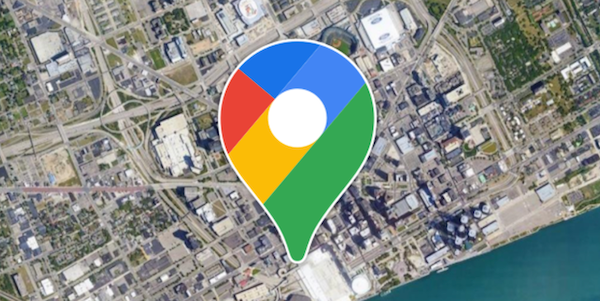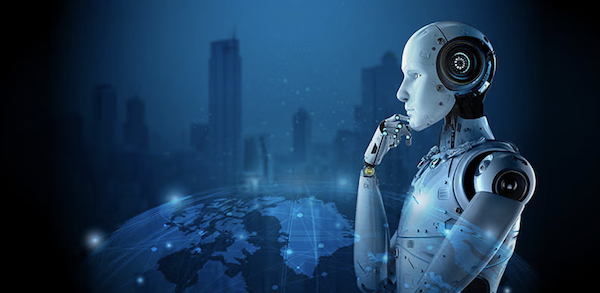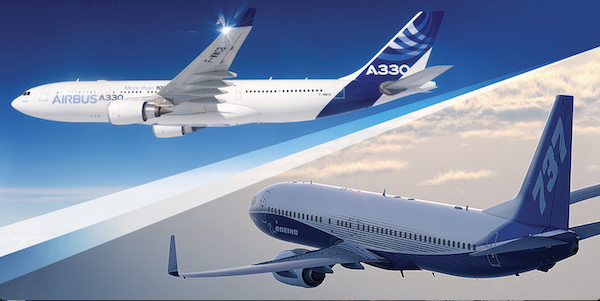Market scorecard
US markets were down on Friday to finish the week lower. Last Monday both the Dow Jones and the S&P 500 reached new record highs but saw a pullback in the days following a hot inflation read. The S&P 500 closed the week down by 0.42%, while the tech-heavy Nasdaq Composite declined by 1.28% during the same period.
In company news, Nintendo is down 5.4% after it pushed back the launch of its Switch 2 gaming console to the start of next year. Elsewhere, Applied Materials, a leading manufacturer of chip-making machinery, emerged as the top performer in the S&P 500 index, surging by 6.4%. Lastly, Nike announced that it would cut 2% of its staff as demand for sneakers slows down.
On Friday, the
JSE All-share closed up 0.54%, the
S&P 500 fell 0.48%, and the
>Nasdaq was 0.82% lower.
Our 10c worth
One thing, from Paul
Katie Martin of the Financial Times has written a useful overview of
the history of dividends. If you have an FT subscription you can read it here:
How the humble dividend might rise again.
She notes: "Today, about 70 per cent of companies in the S&P 500 stocks index pay a dividend, but generally a slender one.
In the US, yields have largely been stuck under 2 per cent for two decades. On the tech-heavy Nasdaq index, only about 40 per cent of companies paid a dividend at all by the end of 2022."
Ambitious technology companies avoided them so that they can plough profits back into growth and development. If they had excess capital they did share buybacks, although those were often only sufficient to counteract big employee share option awards.
As you know,
shareholders in Meta are about to start receiving a dividend for the first time, albeit a rather piffling 50 cents per share each quarter.
Martin notes that "Meta bought back more than $90 billion worth of stock from 2021 to 2023 and intends to buy much more, at a pace that far exceeds the scale of the new dividend pay-outs. But the message matters. Analysts welcomed the move as a "coming of age" and
a signal that Mark Zuckerberg's empire would tilt in favour of staid, sensible rewards for shareholders over ventures in the metaverse."

Byron's beats
Google has officially unleashed generative AI on Google Maps. They are leveraging the 250 million places listed on the platform along with a community of over 300 million contributors to provide the information and data that the AI can work with.
Starting in the US, regular contributors on Maps known as Local Guides will have access to the beta version which allows you to list a bunch of very specific requirements and Google Maps will then tell you the best places to go, according to those requests. Here is an example from the Google Blog titled
A new way to discover places with generative AI in Maps.
"Let's say you're visiting San Francisco and want to plan a few hours of thrifting for unique vintage finds. Just ask Maps what you're looking for, like 'places with a vintage vibe in SF', Our AI models will analyse Maps' rich information about nearby businesses and places along with photos, ratings and reviews from the Maps community to give you trustworthy suggestions."
Sounds cool!

Michael's musings
MIT is working on a new research paper looking at the impact of AI on the labour market. Due to automation and computerisation, the need for skilled workers has increased but the value of labourers has decreased. Particularly in the developed world, a job that 20 labourers could have done, was replaced by a machine and one skilled engineer to keep it running.
According to a working paper from MIT,
economist David Autor argues that AI could restore some balance to the labour market. Given that AI already has 'all the answers' there will be less value placed on acquiring knowledge through going to university. It means that unskilled workers can add value in more technical positions simply by asking AI the correct questions.
It is still too early to know how AI will impact the job market. I think it will result in a huge jump forward in productivity, a very good thing for society. What will be tricky is how we distribute the value from the increased productivity.

Bright's banter
In the competitive skies of the aerospace industry, Airbus is currently cruising at an altitude far above its troubled rival, Boeing.
Boeing's stock is down 19% year-to-date, primarily due to the fallout from a mid-flight incident involving its 737 Max 9 aircraft. The subsequent grounding and production caps imposed by the FAA have cast a shadow over Boeing's once-dominant position in the market.
In contrast, Airbus has been flying high, with its stock up over 19% over the last year. Airbus shattered industry records for new orders last year, bolstering its position as the frontrunner in the aerospace race.
With a decade-long backlog of orders, Airbus is experiencing unprecedented demand for its aircraft.
The company is ramping up aircraft deliveries by approximately 9% this year, and ambitious plans are in place to increase production of its A320neo planes, the direct competitor to Boeing's 737 Max, to 75 per month by 2026.
Despite facing minor setbacks, such as the grounding of 400 planes in January due to potential engine flaws, Airbus remains on course for success.
Business is booming to such an extent that Airbus recently announced a special dividend of 1 Euro.
 Linkfest, lap it up
Linkfest, lap it up
Going from vacuum tubes to transistors was a major leap in computing power. Startups are trying to replace the transistor -
Memcapacitors could be the next leap in hardware.
Whether or not you can pronounce it right. Worcestershire sauce is a pantry staple thanks to its tangy, umami-loaded flavour profile -
Worcestershire sauce was invented by accident.
Signing off
Asian markets are mostly higher this morning. Benchmarks gained in India, Japan, mainland China, and South Korea, but Hong Kong remained on the back foot as consumer stocks lagged. The good news from the Lunar New Year holidays in China is that there's been a lot of revenge spending on travel and tourism.
US markets are sadly closed for Presidents' Day. The Rand is trading at around R18.90 to the US Dollar. Oil is down from its highest level in three weeks as tensions mount in the Middle East.
A few companies will be reporting their earnings this week including Nvidia, Walmart, Home Depot, Booking Holdings, Block, Moderna, and Berkshire Hathaway. There is also the South African budget speech on Wednesday. Given that it is an election year, will we see some spicy spending proposals?
If you are in South Africa, stay hydrated this week. It is going to he hot out there.
Sent to you by Team Vestact.



